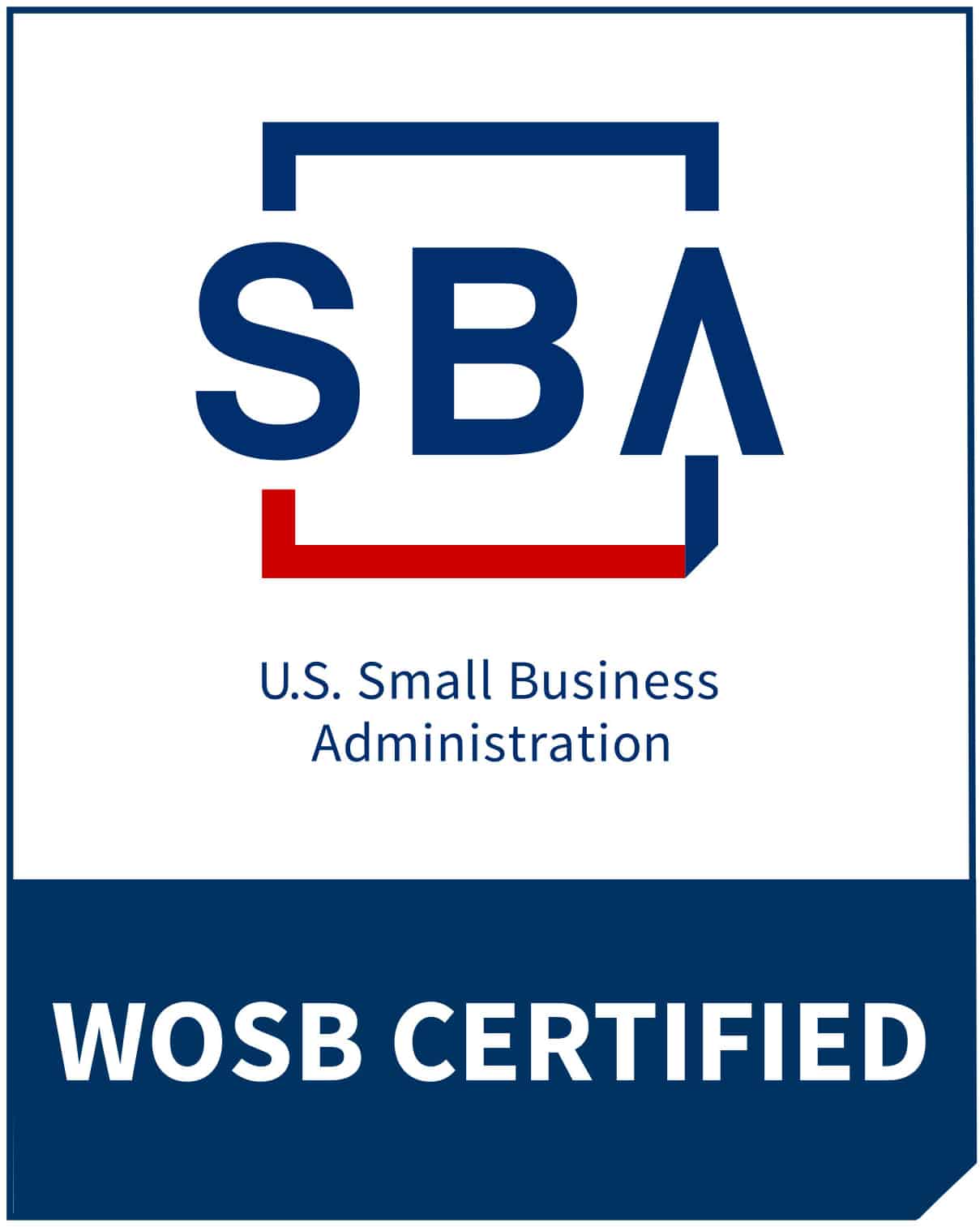WASHINGTON 2024 OLYMPICS PROPOSAL DUE NEXT WEEK; FINANCIAL DETAILS IN SPRING | BUZZ BEAT
Washington 2024 is putting the finishing touches this week on its proposal to the United States Olympic Committee, which is due Dec. 1.
The i-dotting and t-crossing comes in the wake of a visit here last week from members of the USOC. I was curious to learn how much Washington 2024 spent to fete and lobby the members. And, for that matter, who’s writing the checks to fund the nonprofit’s efforts to bring the Summer Games here in a decade.
We’ll have to wait until next spring to get answers to those questions.
Why? Because the so-far private effort to bring a very public event to the region will stay private, assuming people close to the effort don’t whisper to the media (and some of that’s already happened, as you can see here and here).
Penny Lee, a senior adviser at Washington-based Venn Strategies who is acting as Washington 2024’s spokeswoman, said the group will file its nonprofit tax Form 990 in May 2015, when it’s due. At that time the form will be made public — standard procedure for any nonprofit, she said. A board member made the same point to me in an off-the-record chat.
That will of course be months after the USOC decides whether Washington, Boston, Los Angeles or San Francisco will compete against other international cities for the final location selection. The International Olympic Committee is expected to make that decision in 2017.
Organizers say the cost of the local bid alone will total $5 million to $6 million and they say the money is in hand, though — surprise — they’ve declined to reveal details. At least some of the money is likely coming from Washington 2024’s top two leaders: investment banker Russell Ramsey and Monumental Sports & Entertainment Chairman and CEO Ted Leonsis.
Twenty community and business leaders also serve on the Washington 2024 board.
Washington 2024 emerged in April from predecessor nonprofit DC 2024. Lee said DC 2024 did not file a 990 because it did not meet the threshold income of $50,000.
Source: Washington Business Journal

0 New comments